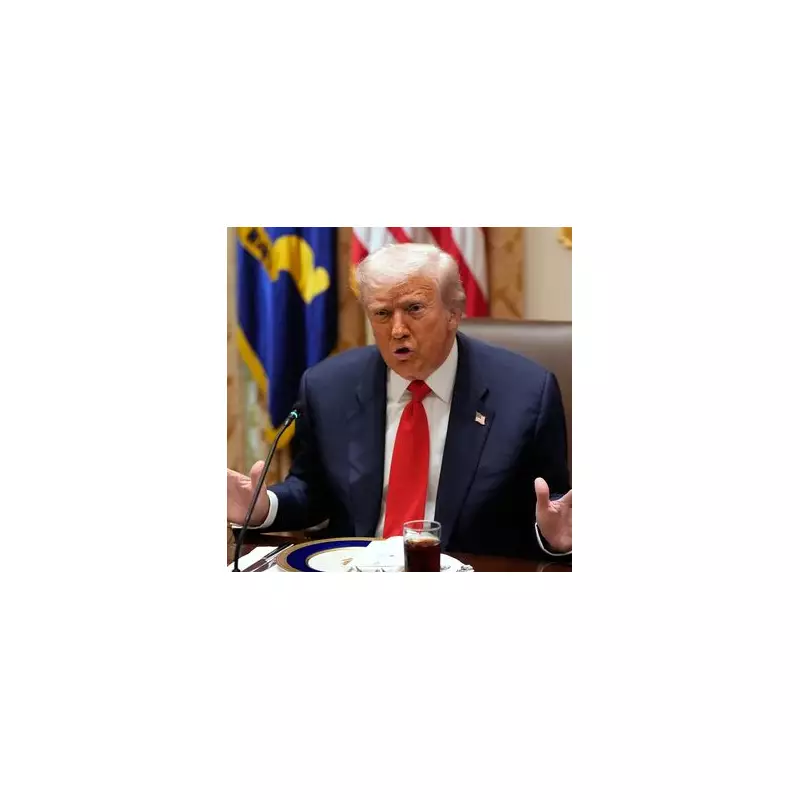
In a dramatic intervention into one of the world's most intractable conflicts, former US President Donald Trump has unveiled his controversial blueprint for a Gaza ceasefire that's already sparking intense debate among diplomats and Middle East experts.
The Trump Peace Proposal: Key Components
The plan, revealed exclusively to The Mirror, outlines a multi-phase approach to ending the violence that has ravaged the region. Central to Trump's strategy is the establishment of what he terms a "humanitarian corridor" - a protected zone designed to facilitate aid delivery while maintaining strict security protocols.
According to sources close to the former president, the proposal includes several contentious elements that differentiate it from previous international efforts. "This isn't just another temporary truce," one insider revealed. "It's a comprehensive framework that addresses what the Trump team sees as root causes of the conflict."
Political Reactions and Diplomatic Fallout
The timing of this announcement couldn't be more significant, coming as current President Joe Biden faces mounting pressure over his administration's handling of the crisis. Political analysts suggest Trump's move is strategically calculated to position himself as having decisive solutions to complex international problems.
"When you see the current administration struggling with this situation, it creates an opening for alternative voices," explained Dr. Sarah Wilkinson, Middle East analyst at King's College London. "Whether this plan is practical or primarily political theatre remains to be seen."
Humanitarian Implications and Security Concerns
The proposed humanitarian corridor represents one of the most ambitious aspects of the plan. While humanitarian organisations have long called for safe passage for aid, Trump's version includes unprecedented security measures that some experts warn could complicate implementation.
Critics have already raised concerns about the feasibility of certain provisions, questioning whether the plan adequately addresses the political dimensions of the conflict or focuses too heavily on security solutions.
What This Means for Future Peace Efforts
As the 2024 presidential election approaches, foreign policy experts are watching closely to see how this proposal influences the broader political landscape. The plan not only offers an alternative approach to the current administration's strategy but also signals how a potential second Trump term might approach Middle East diplomacy.
The international community remains divided on the proposal's merits, with some welcoming fresh thinking while others caution against approaches that deviate from established diplomatic channels.





